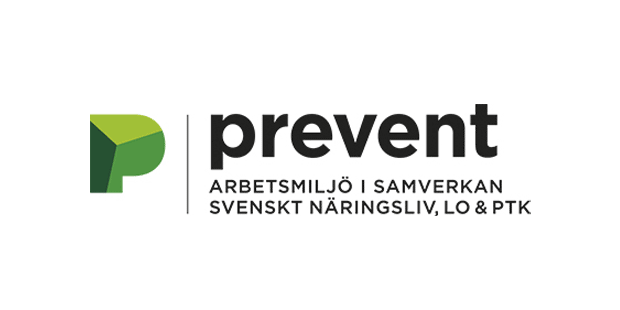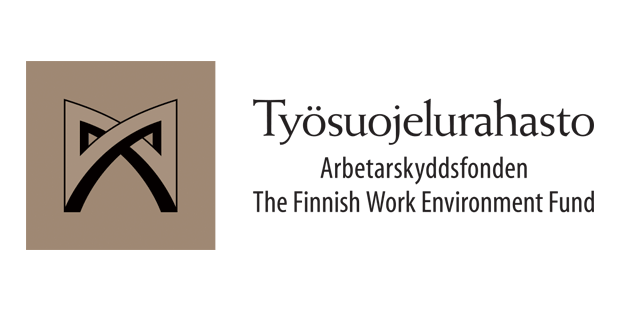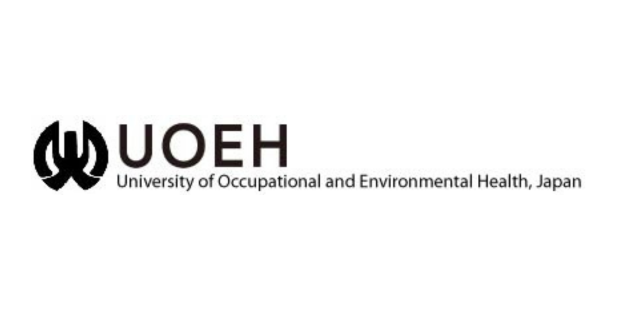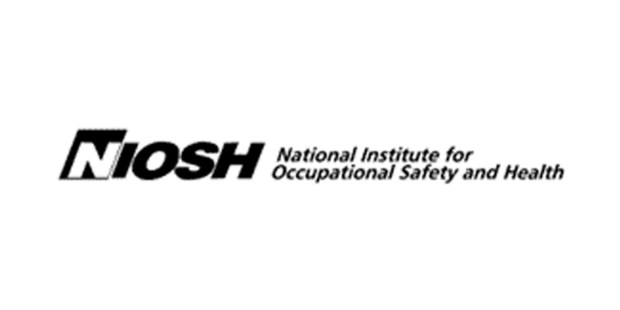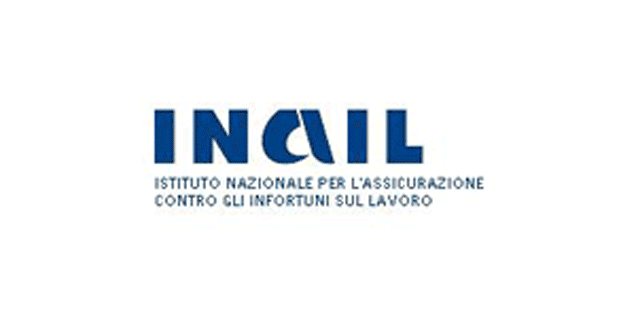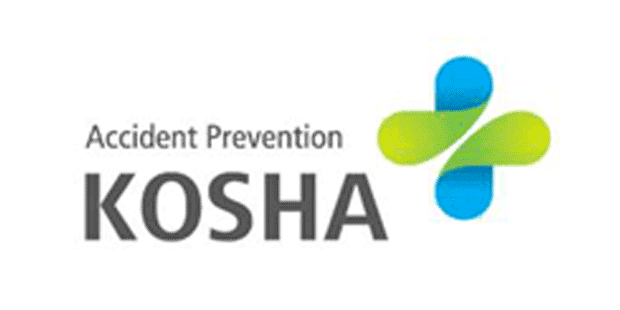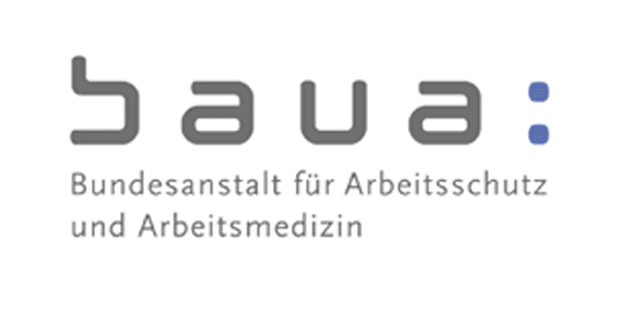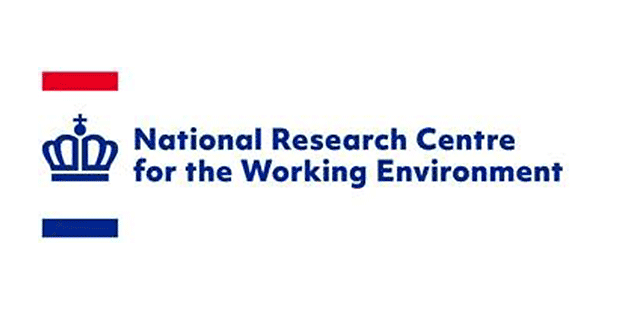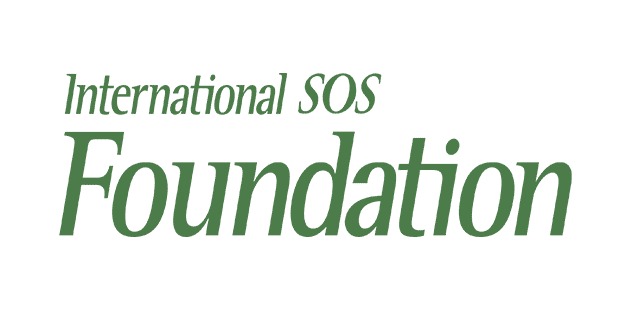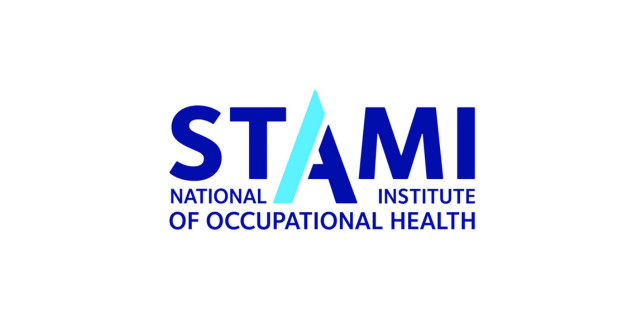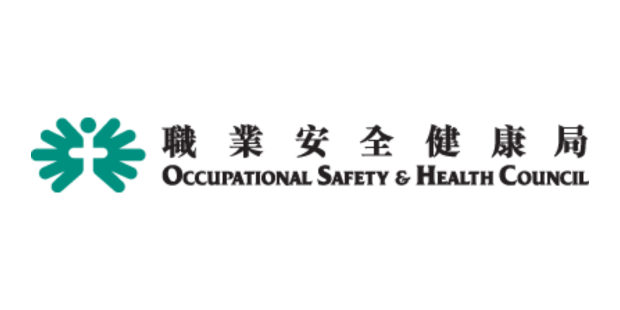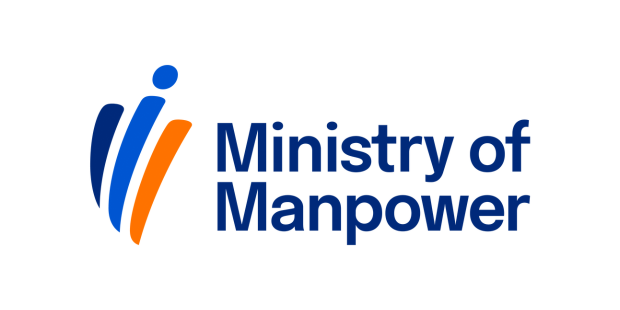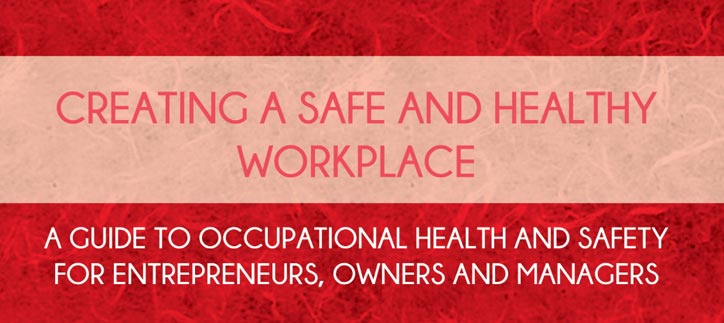Message from the President (December, 2005)
Dear ICOH Members,
In the final weeks of the year we all are busy as many things need to be done before we can take a breath and relax for a few days. In Northern Europe Christmas is traditionally considered as the number one event in the year, which provides a good opportunity to forget our hectic work life for a while and give priority to family, relatives and friends. The spirit of Christmas is that of peace, fairness, generosity and good will. Regardless of culture or religion these are values respected throughout the world. Whilst ICOH wants to promote them at Christmas time, we would also like to see them realised in every workday of the year at every workplace in the world.
The year 2005 has been highly active – probably the most active of the triennium. The Scientific Committees have held dozens of meetings, ICOH members have actively participated in the events of other congresses and meetings and our collaboration with our Sister NGOs and International Organizations has been both smooth and productive.
In mid-December the Ministers of Trade of the WTO countries convened in Hong Kong for negotiations on the liberalization of world trade. The most central items on the agenda were the liberalization of trade of agricultural products, subsidies for agricultural exports and above all the position of the agricultural products of developing countries in world trade. The outcomes of the Hong Kong Meeting will also have a deep impact on the conditions of work of the agricultural workers particularly in the developing world. Let's hope development in the coming decades will be more positive than during the past twenty years. If new opportunities present themselves, ICOH needs to be ready to provide support for the development of occupational health services and health and safety for the agricultural sector. This may require new actions on the part of ICOH. Close collaboration with our inter-governmental partners, ILO and WHO is needed to achieve any impact in this area.
The BOHS (basic occupational health services) initiative of WHO, ILO and ICOH may also serve as an appropriate tool for such operations. The BOHS approach was effectively promoted during 2005. The model was first launched in the WHO/ICOH/ILO Workshop on Occupational Health Services in the Regions and in the International Conference: OHS 2005, which were held in Helsinki in January. Since then, the approach has been introduced and presented in several international meetings in Europe, Asia, Africa, North America and Latin America. The response has been positive everywhere and more guidance, expert advice and support for the implementation of the model at national and particularly local levels has been called for. The three founding partners of BOHS met in a special meeting in October to make plans for the further development of BOHS; in particular to develop practical implementation tools and to make the starting level of the model less demanding.
One of the six priorities for the current tenure was to strengthen our collaboration with the UN Organizations, WHO and ILO. We have been very active on this front this year. In addition to BOHS, the substantive issues on which we have collaborated with the WHO have been, tobacco control at workplace, cancer prevention, asbestos issues, mental health at the workplace, child labour, occupational health and development, and equity and health. Special effort has also been made in the development of Basic Occupational Health Services in China.
Collaboration with ILO has also been very tight, through our contribution to the ILO Global Strategy on Safety and Health at Work, to the ILO new Framework Convention on Occupational Safety and Health, the 10th International Congress on Occupational Respiratory Diseases, ICORD 2005 in Beijing, our joint activities for safety and health in China and our contribution to the renewal of the ILO list on occupational diseases. The last item is a most relevant one for ICOH and our members as it provides an internationally accepted guide for diagnosis, notification and registration of occupational diseases and also guides preventive actions – all activities which constitute the key content of everyday work in occupational health and occupational medicine practice for many of our members. ICOH now has an excellent opportunity to make an input in preparing the necessary guidelines for the application of the list in everyday practice. We also need to plan a mechanism for ICOH participation in future international operations concerning occupational diseases and occupational medicine. Also, the practical mechanisms for collaboration with ILO in further development and guidance of the list of occupational diseases need to be established.
The organization of the ICOH 2006 Congress is now in full swing. Professor Bertazzi reports on more than 2000 abstracts being submitted to the organizers and a rich variety of sessions have been planned. Everything points toward the Milan Congress becoming a major event, probably one of the largest ICOH Congresses in the history of the Association. It will also prove an enormous organizational task for our Italian Colleagues.
The Secretary General has collected the nominations for the election of officers, board members and national secretaries. The situation looks good in terms of numbers of candidates and the support the nominees have received from members. The voting ballots will be sent to members by the end of the first quarter of 2006, i.e. in plenty of time but not too early.
As we start a new triennium, next June we need to plan future activities for the period 2006–2009. This is not only particularly important for the ICOH leadership and ICOH as a whole, but also for Scientific Committees and other operative bodies of ICOH. The meeting practices and, for example, voting procedures for the election of the SC officers in the ICOH2003 Congress in Iguassu left some space for improvement. Therefore, I would like to call on the SC Chairs and Secretaries to plan well in advance for the business meetings in Milan and also to prepare election procedures carefully for the appointment of the officers. The current officers are responsible for ensuring that, in the case of a change of officer, the transition takes place smoothly and all the organizational memory is transferred to the new leadership. Similarly, to avoid repetition of the previous information gap, the President, the Vice President responsible for SCs and the Secretary General shall be immediately informed of the results of the election. The Vice President Alain Cantineau will return to this issue in good time before the Congress.
Finally, it is fair to conclude that the year 2005 has been highly productive for ICOH. Numerous other achievements in addition to those I have described here will be reported to the Board next June. We can all be satisfied with the results particularly when we consider that all that is done, is done so on a voluntary basis, despite the growing pressures in our daily jobs. I want to thank the whole ICOH membership, the Officers and Board, Scientific Committees and all other operative organs for their efforts in developing occupational health and safety locally, nationally and globally.
In genuine Christmas spirit, allow me to wish you all a relaxing season. May the year 2006 be as successful as, and if possible, even more generous to you than the year 2005!
Jorma Rantanen
President of ICOH


